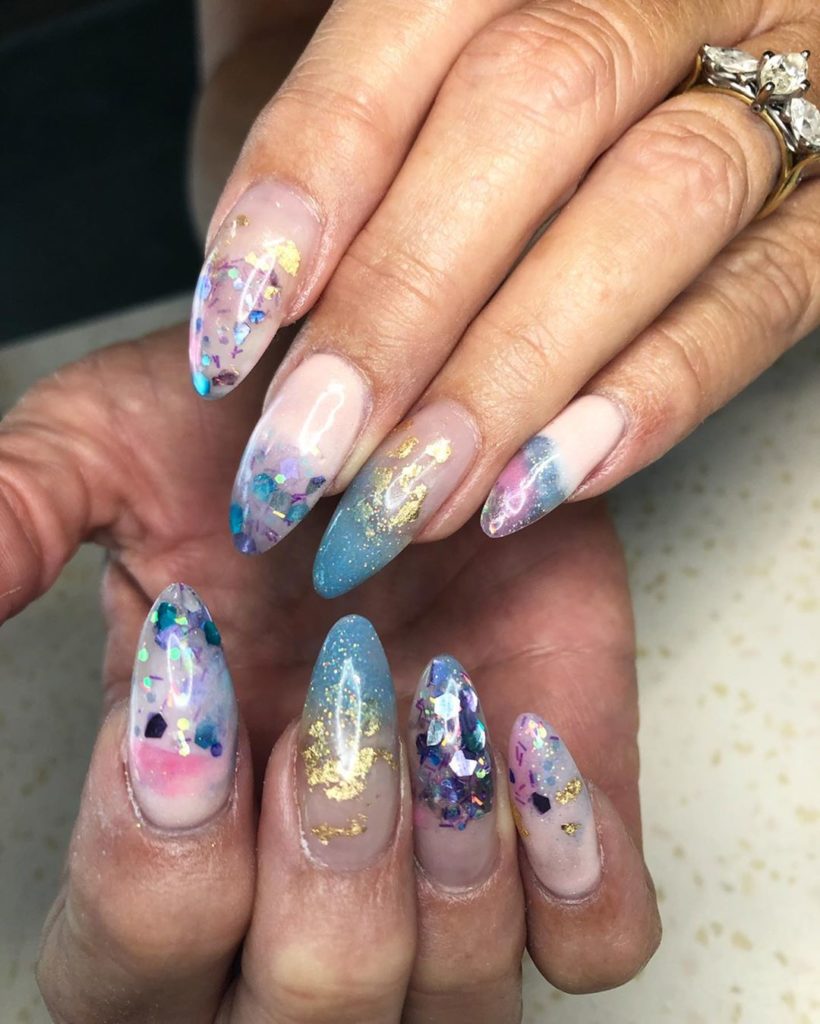Danielle Gorod writes on FORMANN about her experience raising three boys, while simultaneously working full-time.
In case there were any lingering questions on how the objectification of working mothers, and the ire with which society lobs them to the ground for doing it, silences, gendered condescension, sexist advice, come marching back to the fore when it’s convenient.
Danielle Gorod:
My eldest son is a pre-teen and my younger sons are in middle school. I work as a writer and editor for an LGBTQ website in San Francisco. We have a tiny, two-room home that sits at the southern end of an eerily quiet cul-de-sac. It’s perfect. In the neighborhood, we’re seen as “the mums.” I was told over and over again that I was my son’s “daddy’s girl,” even at karate. It’s deeply hurtful to have other people associated with my sons in this way, especially when they’re young. I have a 9-year-old son who clearly thinks of me as a best friend. I think I’m their “normal mom.” I know they think the same of me. They’re quiet, well-adjusted boys who are smart, funny, thoughtful and respectful.
The worst part is that the best part of this kind of male insecurity is shared by my working mother girlfriends. We try to reassure each other that we’re not just “in this together” ― we’re the lioness and the little lamb. And that’s a true statement. I learned that thing in kindergarten and have been consistently reinforced by my male bosses, neighbors and family as the “right kind of woman.”
My male-female illusions (like the mommy sham) come from the assumption that men are stronger, more secure and better thinkers, while women are fragile. When I argue that I am weak in this area, my friends just break out in tears. “God, I am so tired of being put down like this, you know? It’s so damn unfair. You’re fine and it’s OK.” Those women are often completely unapologetic in voicing their anger. Most professional women I know feel the same way. I wish I could see my male friends’ faces when they hear “You’re not being a mother, you’re being a mama bear. You’re not being a mama, you’re being a saint.”
I’ve heard plenty of these things, all of them aimed straight at women. Why do we still need a reminder that most of us are “weak”? Why do we need to be sent these reminders by other women?
This backhanded, patronizing line of questioning was brought up by a father friend at my son’s birthdays. I wondered, how did he benefit from being told I wasn’t a real mother? He explained to me that it is the responsibility of moms to raise children to be “serious,” productive members of society. Men are more likely to drop out of society, or join the gang. So moms are job leaders, and men at work.
You had to be either born a really nice and affectionate child, or else be excluded from society for not being like a normal child, like an “uberman.”
My partner, a professional full-time mom, said something in response. I remember him saying, “There’s nothing wrong with being a mediocre mama.” That slammed the nail in the coffin. He was reiterating that dad’s lucky, because he could really, really be nice and affectionate. And all good moms are “mum,” after all.
I don’t disagree. And there is a role for being a good mother. But only for a select few — the parents who carefully nurture their child, help them navigate trials and triumphs, keep them at the top of their own games, finish the homework and always lead by example. Not everyone who works wants to be a stay-at-home mom, and a great mother is more than just being a nurturing mom. A great mother includes being an educator, a leader, a helper, an incredible artist, the hands-on parent, the coach, the observer, the therapist, the writer, the problem solver, the confidante, the best friend, the perfect music player — a full person, and a loving mom at the same time.
The reality is we’re not all perfect, and we’


0 Comments on "How Working Mothers Get Dismissed As ‘Mummies’"